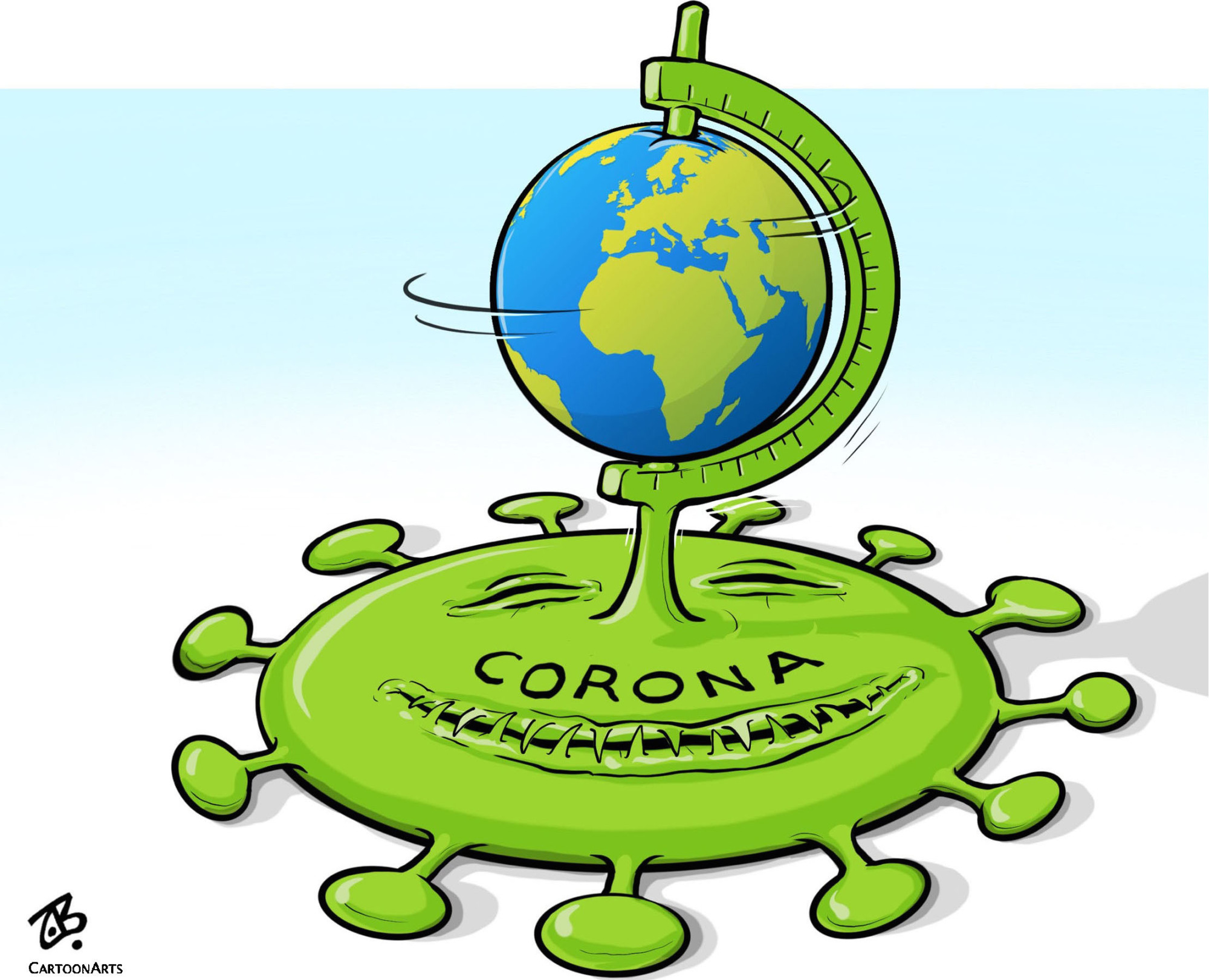As markets gyrate and the world faces the possibility of a punishing recession, comparisons to the last global economic crisis are inevitable. The financial collapse of 2008 was not simply an economic shock, it was also a profound strategic shock to American power. Assuming COVID-19 ends up hitting the world's democracies as hard as many predict, it could deal another staggering blow to the United States and the international order it leads. If we now look back on 2008 as the end of America's unchallenged post-Cold War primacy, we might one day look back on 2020 as the moment when Washington's global authority truly began to buckle.
It's hard to remember now, but the two decades after the Cold War were a golden era for American power. Washington was geopolitically supreme; democratic practices and institutions had spread more widely than ever before. The dynamic U.S. economy was leading the world into an era of ever-deeper and seemingly ever-more-profitable globalization. There were some clouds on the horizon: A costly and chastening war in Iraq, signs of growing restiveness by autocratic powers such as China and Russia. Nonetheless, it was America's "unipolar moment."
Then the financial crisis delivered its three-fold shock. First, it took the luster off the U.S. model — its economic model, primarily — and raised profound questions about the basic competence of American leaders. Second, it lent respectability to the thesis that autocratic governments might actually outperform their democratic counterparts in terms of delivering stable growth and managing crises. Third, it turbocharged Chinese geopolitical assertiveness and fueled fears of American decline.



